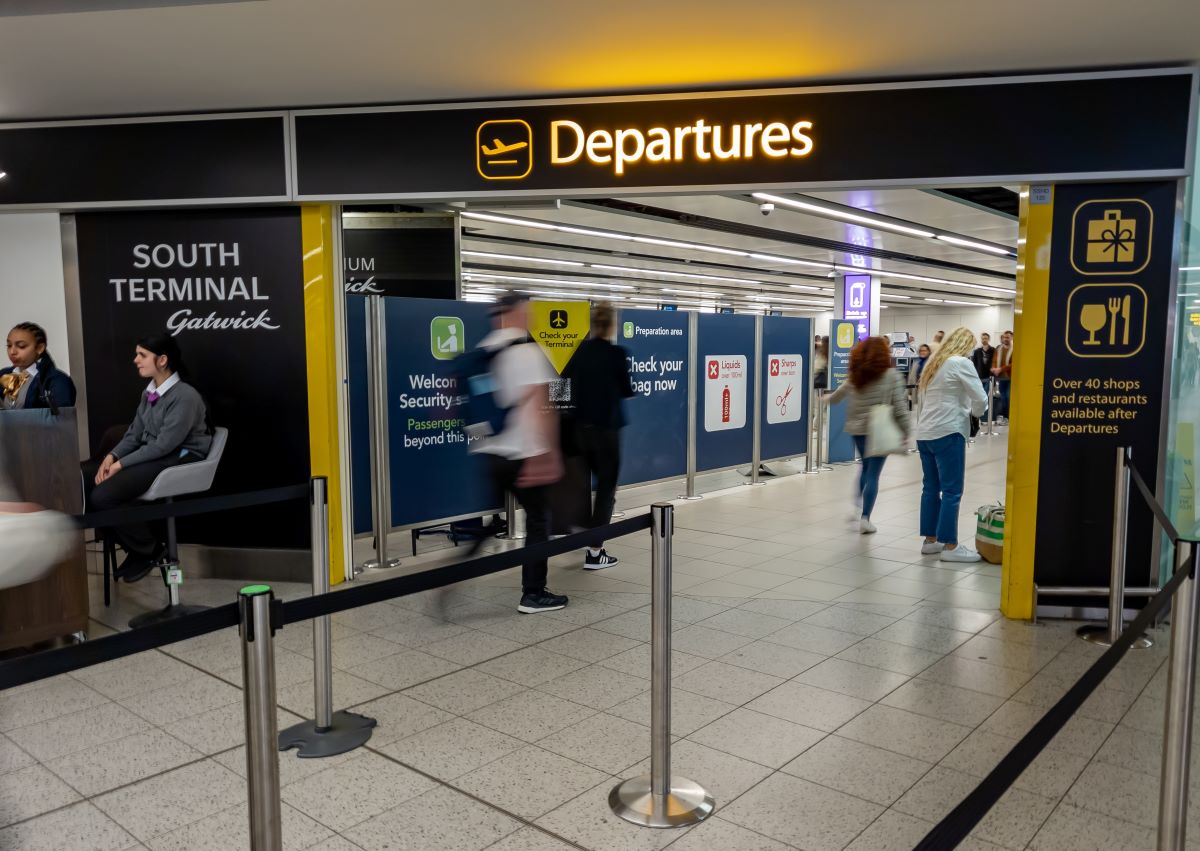UK travellers heading to the EU next summer will face new border rules, including a visa waiver fee. Here’s the full story.
Bitter Fruits of Brexit

Travellers from the UK to the European Union are set to receive more of the bitter fruits of Brexit following an announcement from the EU stating that, starting in the summer of 2025, UK citizens heading to EU countries will be required to pay a €7 visa waiver fee.
Broader Implementation, Not Punishment
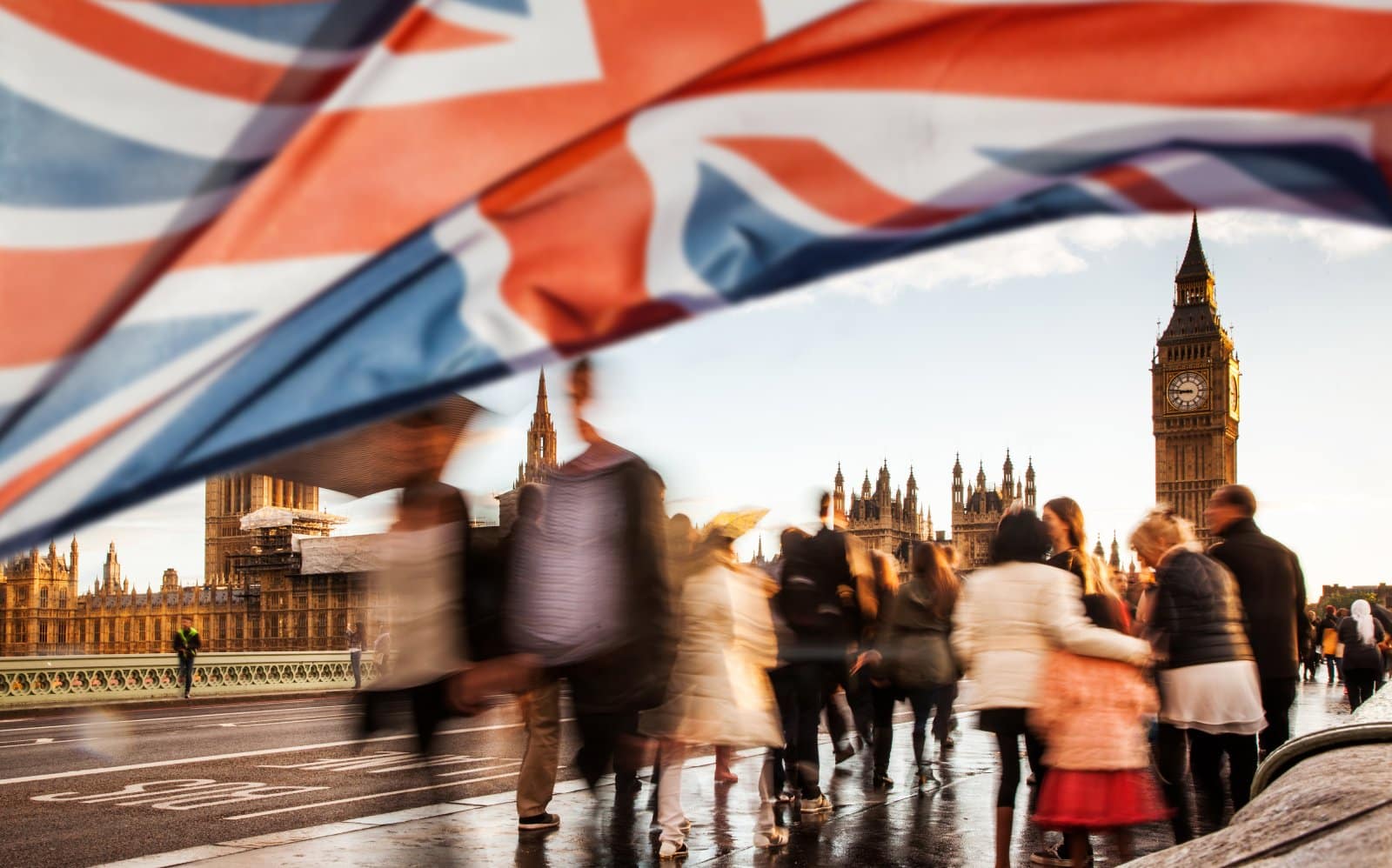
However, this is not a punishment for UK citizens who had the temerity to vote for Brexit, but rather part of the broader implementation of the European Travel Information and Authorisation System (ETIAS), designed to regulate and monitor the entry of travellers from visa-exempt countries into the Schengen Area.
System Operational by May 2025

Ylva Johansson, the EU Home Affairs Commissioner, confirmed the timeline in remarks first reported by The Times, indicating that the new system could be operational by May 2025, just in time for the May half-term holiday season.
ETIAS Applies to 60+ Countries
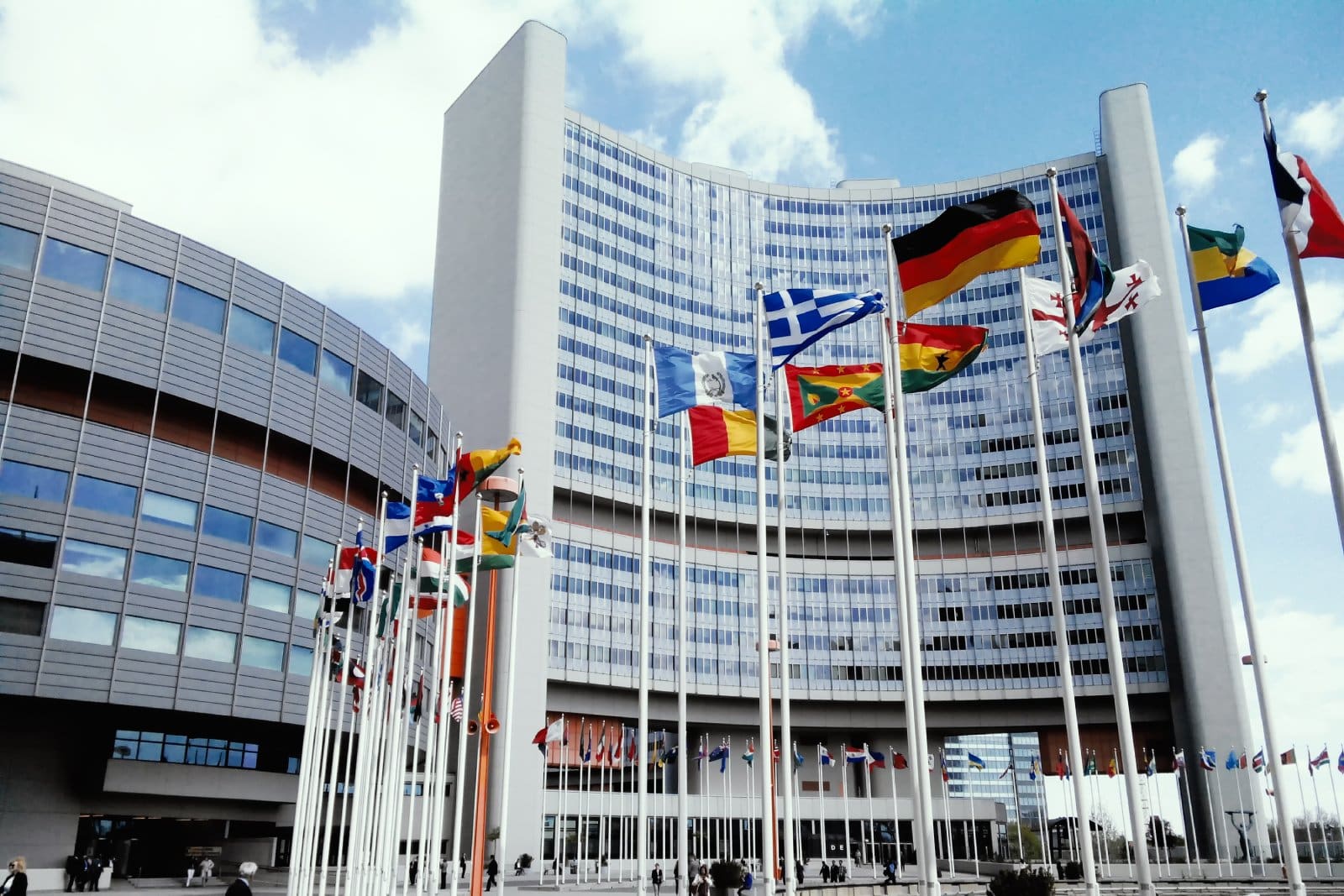
The ETIAS system, akin to the US Electronic System for Travel Authorization (ESTA), will apply to travellers from over 60 non-EU countries, including the United Kingdom.
Three-Year Validity for Visa Waiver
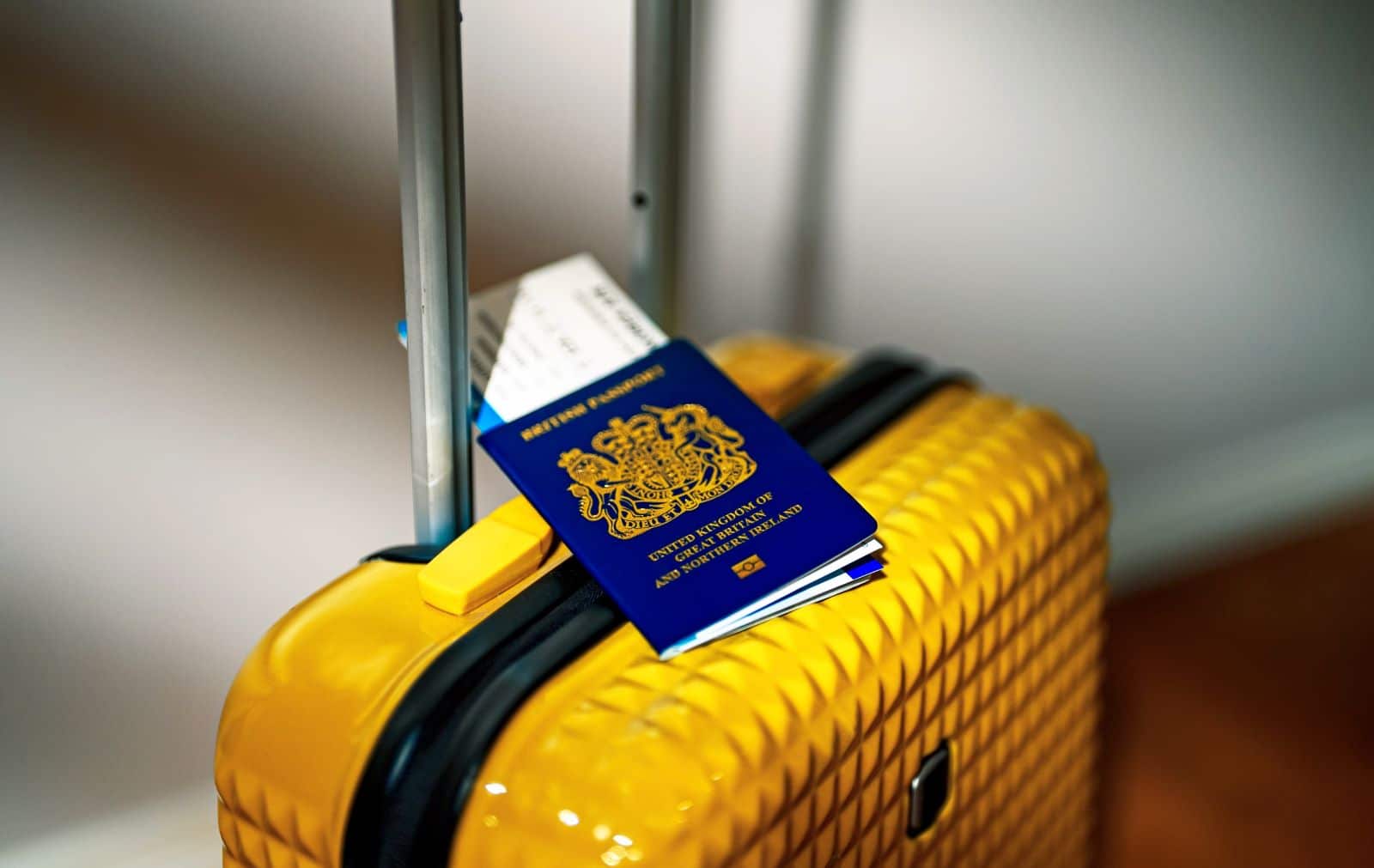
The visa waiver, valid for three years or until the tourist’s passport expires, requires applicants to submit personal and travel-related information through an online portal or mobile application.
Key Details Needed for Application

Key details needed include passport information, contact details, employment history, and any criminal records. The application process is expected to be approved automatically within minutes in 95% of cases.
Processing Could Take up to Four Weeks

However, in some cases, processing could take up to 72 hours and, in exceptional cases, up to four weeks.
Fee Exemptions for Certain Age Groups

Luckily, the €7 fee will only apply to those aged between 18 and 70, exempting those younger or older. The ETIAS requirement will also not apply to travellers visiting Ireland or Cyprus, as these countries are outside the Schengen Area.
Fee Applies to 27 EU Countries
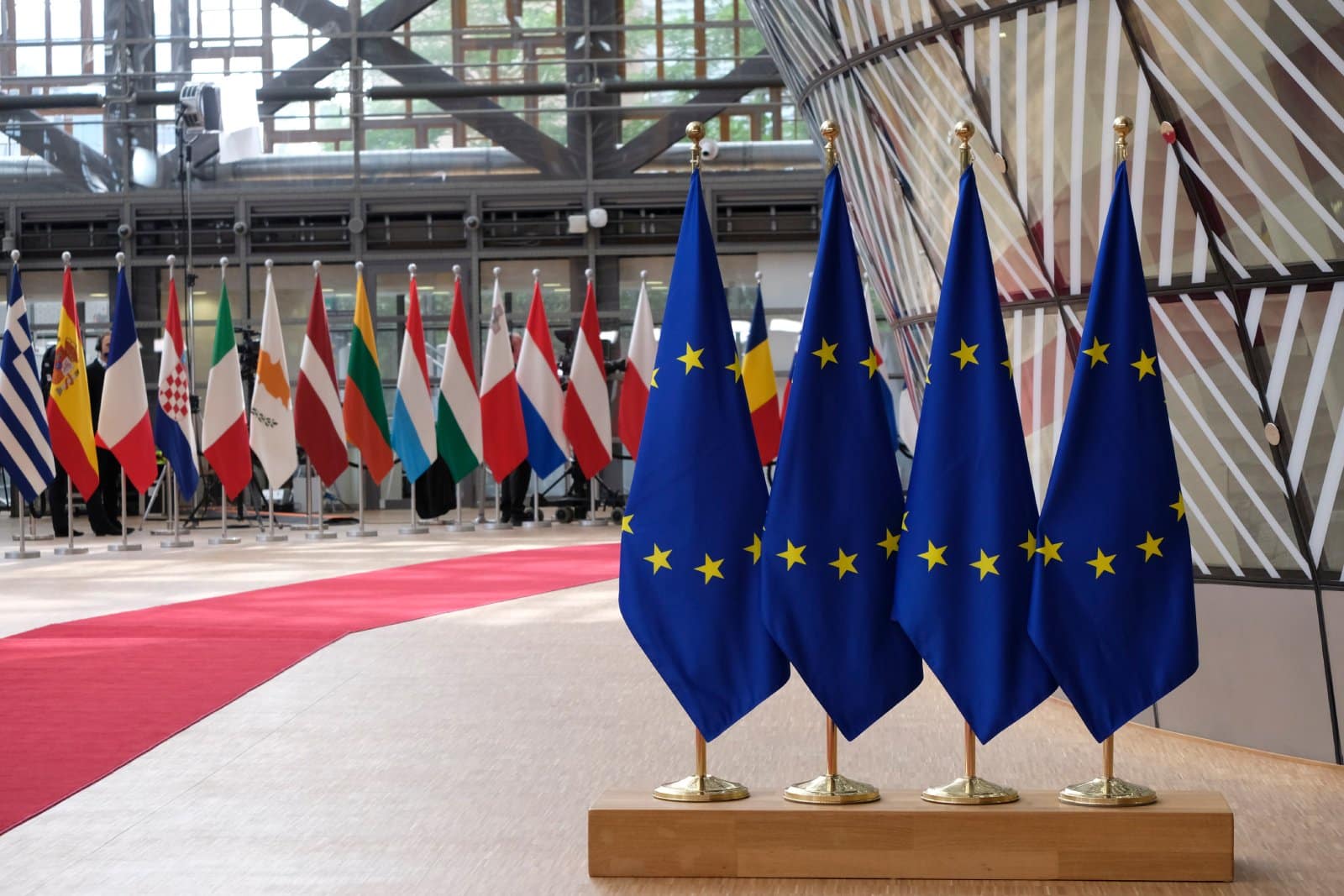
However, anyone wishing to travel to the 27 other EU member states, Iceland, Liechtenstein, Norway, and Switzerland, would be required to pay a fee.
Entry/Exit System (EES) Begins November 2024

However, that is not the only barrier soon to be put in the way of UK tourists and business people who want to travel to the EU. The Entry/Exit System (EES) is set to begin on 10 November 2024.
EES Replaces Passport Stamping
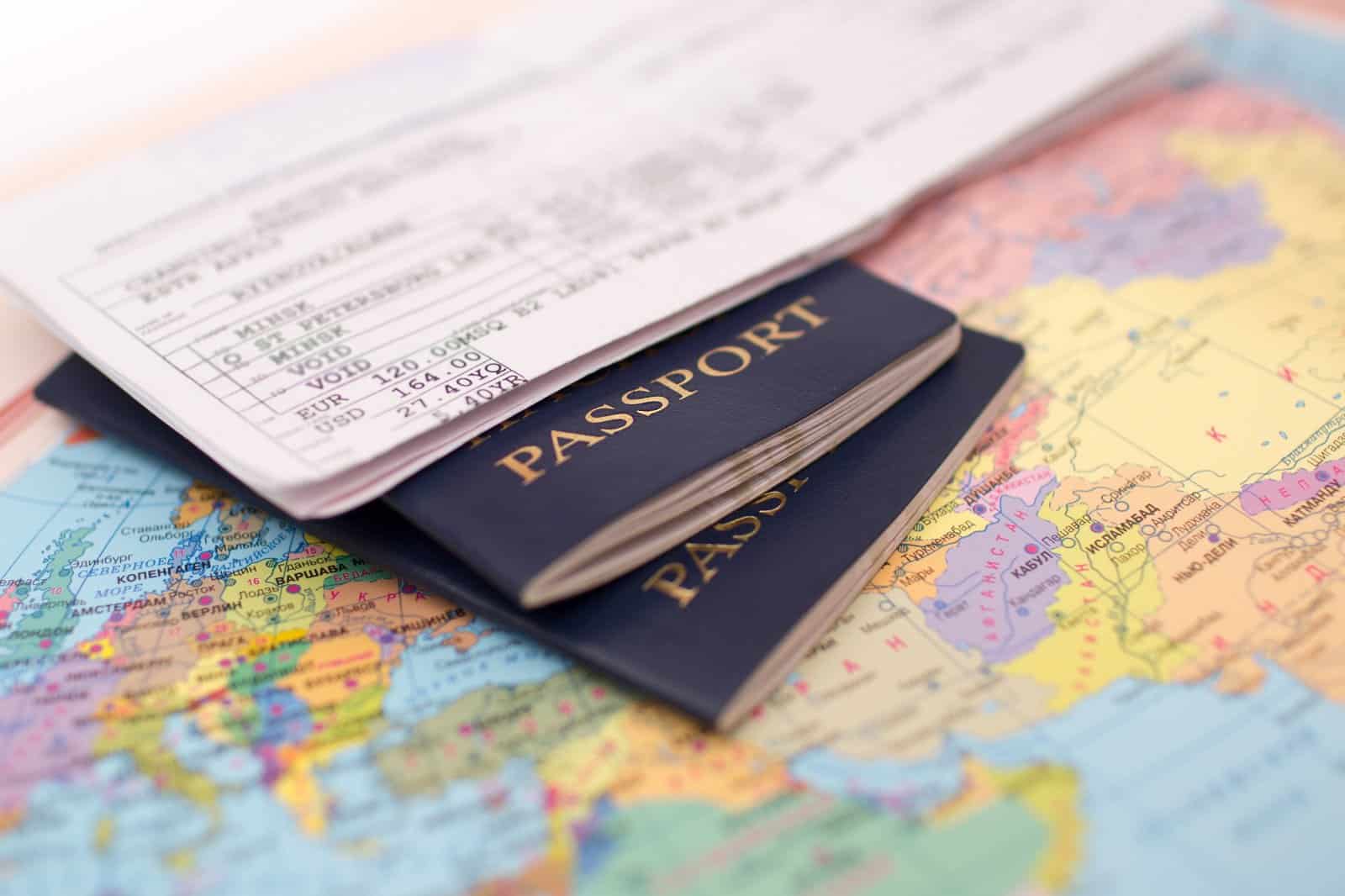
The EES will replace the traditional passport stamping process with a digital system that requires non-EU travellers to register their fingerprints and photographs at the border. This biometric data will be stored to monitor and manage visitors’ entry and exit into the Schengen area.
Preventing Overstays and Enhancing Security
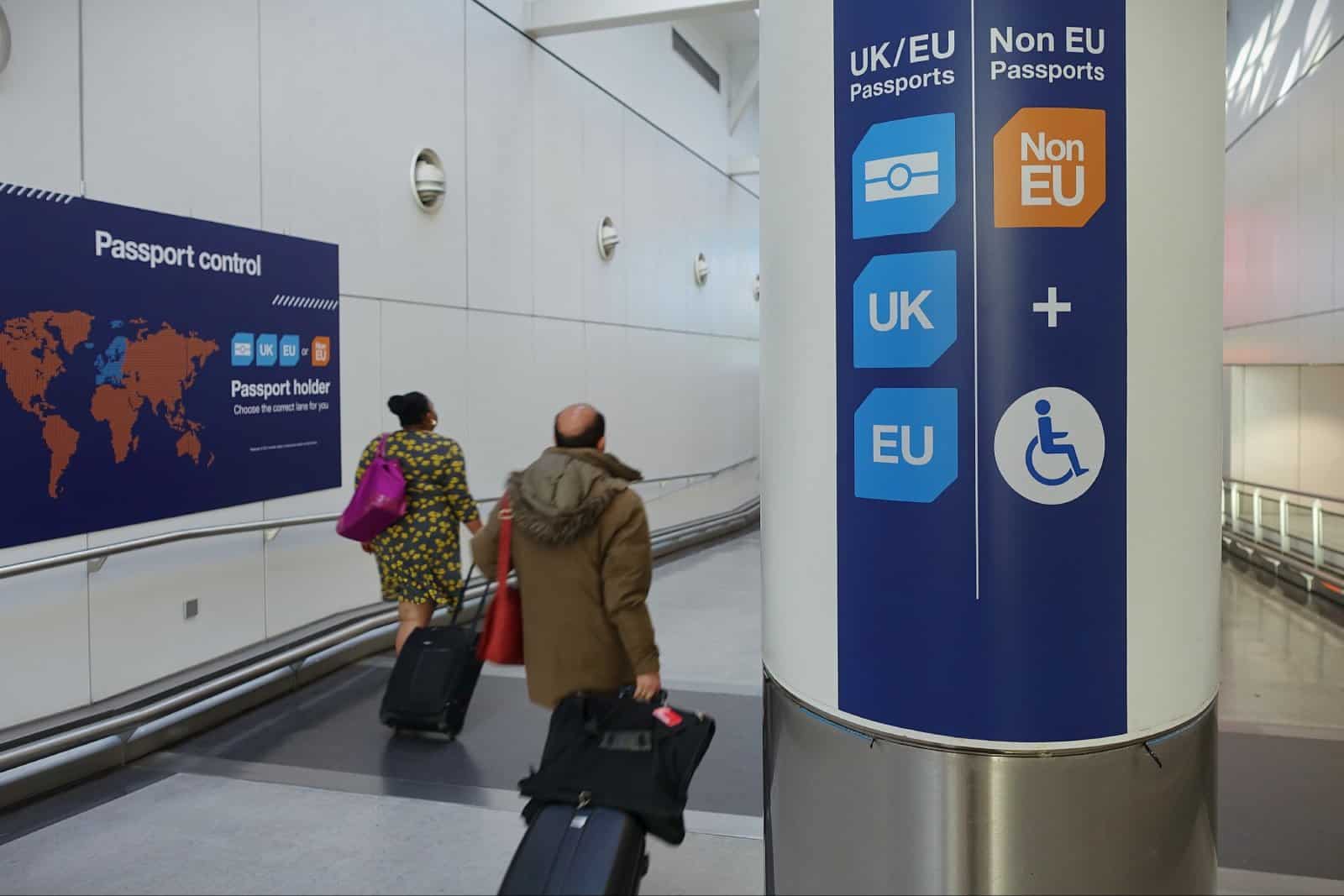
It is hoped that the EES will prevent smaller infractions, such as travellers overstaying their visas, and make it harder for criminals, such as foreign spies or terrorists, to travel on foreign passports.
Johansson Confirms EES Launch Date

EU Home Affairs Commissioner Ylva Johansson told The Times, “After intense dialogues with member states, with you, with the different stakeholders, I have decided that the EES will enter into operations on 10 November.”
Enhancing Border Security Amid High Tourist Numbers

The EU expects these systems to improve the security of its borders, especially as more than 700 million tourists visited Europe in the previous year. EES and ETIAS are vital tools in managing this high volume of travellers while maintaining stringent security protocols.
Delayed Implementation of EES and ETIAS

The implementation of the EES and ETIAS has faced several delays. The EES was originally scheduled to launch in 2022. Despite these delays, the EU remains committed to the rollout.
UK Holidaymakers Likely Affected

The new requirements, which will obviously not affect those lucky enough to remain part of the EU, will likely affect UK holidaymakers planning trips to Europe next year, especially during peak travel times such as the half-term and summer holidays.
Biometric Checks May Cause Delays

Though the biometric checks will likely not add much time to border crossings, increasing them from 45 seconds to around 2 minutes in busy transport terminals could result in significant delays.
Marked Change in Border Management

The introduction of the ETIAS and EES represents a marked change in how the EU manages its borders, with the effects likely to impact travellers from visa-exempt countries like the UK.
Brexit or EU to Blame?
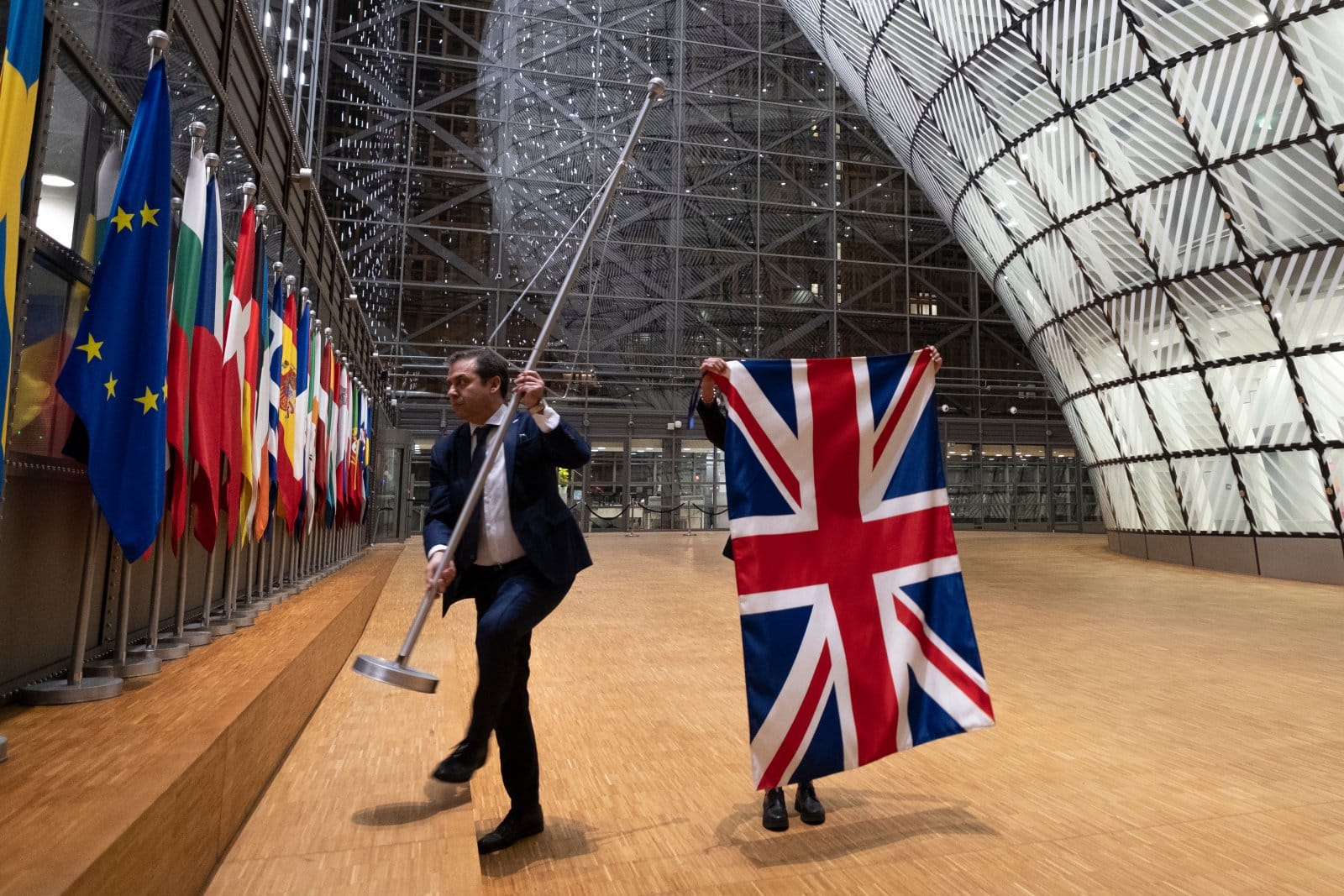
As the systems come into effect, the delay of UK tourists and business people as they travel into the EU will likely be widely reported. However, it is doubtful that the real culprit, Brexit, will be mentioned in any of the UK’s majority Brexit-supporting newspapers.
The Price of Sovereignty
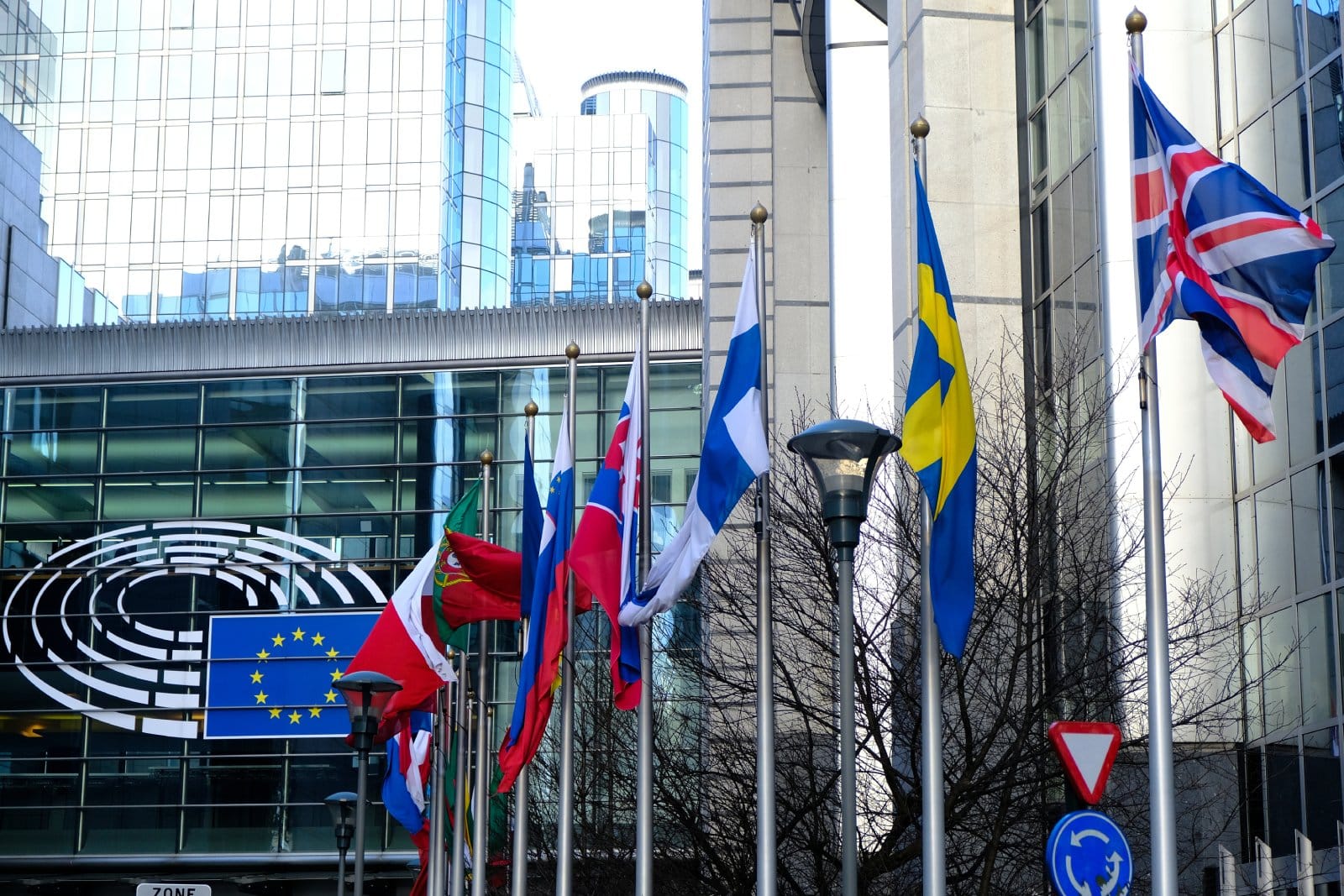
Instead, the EU will likely be blamed for not doing what so many of those same newspapers have been crying out for for the last few years: attempting to better secure their borders.
Another Price of Brexit
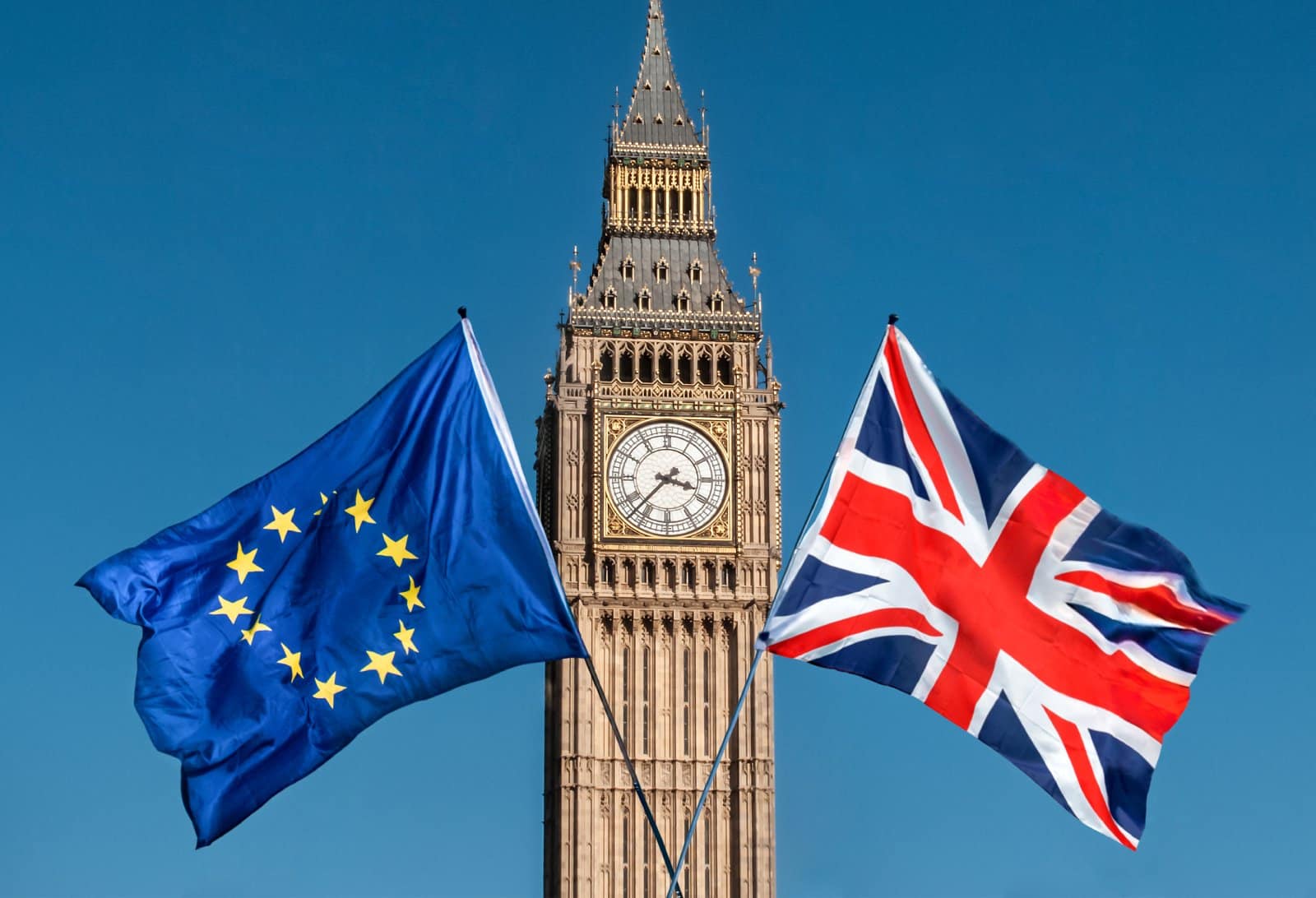
For those who frequently travel to the EU, or for those who enjoy only one trip abroad now and then to broaden their horizons, it remains to be seen if these latest of the considerable drawbacks of Brexit will add to the view already shared by a majority of the public according to polling going back to 2022, that Brexit was a mistake, or whether this will just be viewed as simply one more price to pay for being a so-called sovereign nation once more.
The Great Escape: Wealthy Brits Flee to Dodge Labour Taxes
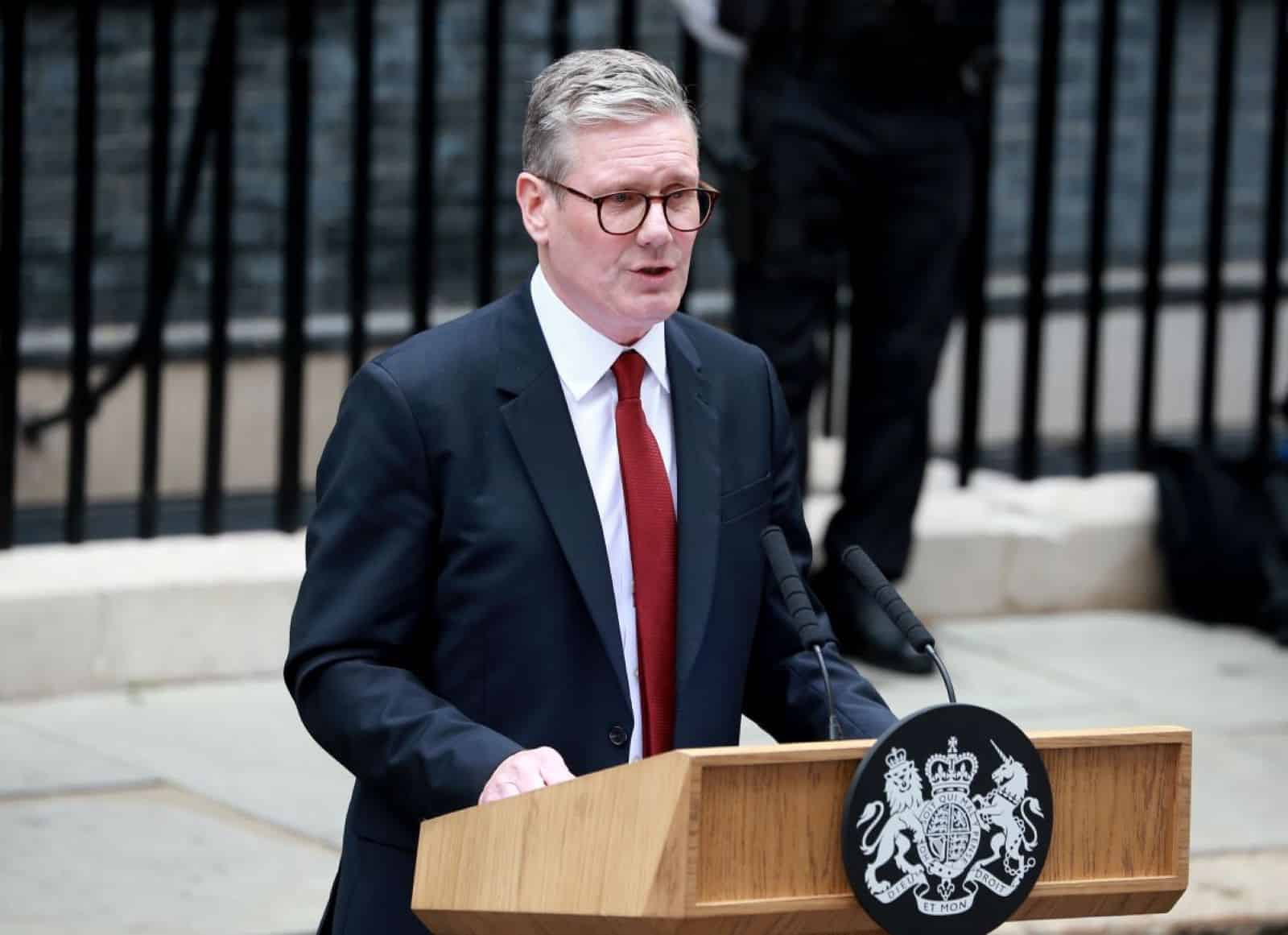
As the UK prepares for potential tax reforms, the wealthy flee in droves to avoid paying their fair share, sparking a contentious debate over tax avoidance and economic unfairness. Here’s the full story. The Great Escape: Wealthy Brits Flee to Dodge Labour Taxes
20 Signs Millennials Are Rejecting the UK’s Woke Culture

Are Millennials across the UK starting to question the pervasive ‘woke’ culture? As they navigate an increasingly complex social and economic landscape, many are seeking more practical, nuanced approaches. 20 Signs Millennials Are Rejecting the UK’s Woke Culture
New Era: Labour Enforces Strict Immigration Control With Deportations and Convictions

More than 40 criminals and migrants are sent back to Vietnam and Timor-Leste. It’s a victory as a UK-based criminal gang is sentenced. Here’s the story. New Era: Labour Enforces Strict Immigration Control With Deportations and Convictions
Featured Image Credit: Shutterstock / Yau Ming Low.
The images used are for illustrative purposes only and may not represent the actual people or places mentioned in the article.

